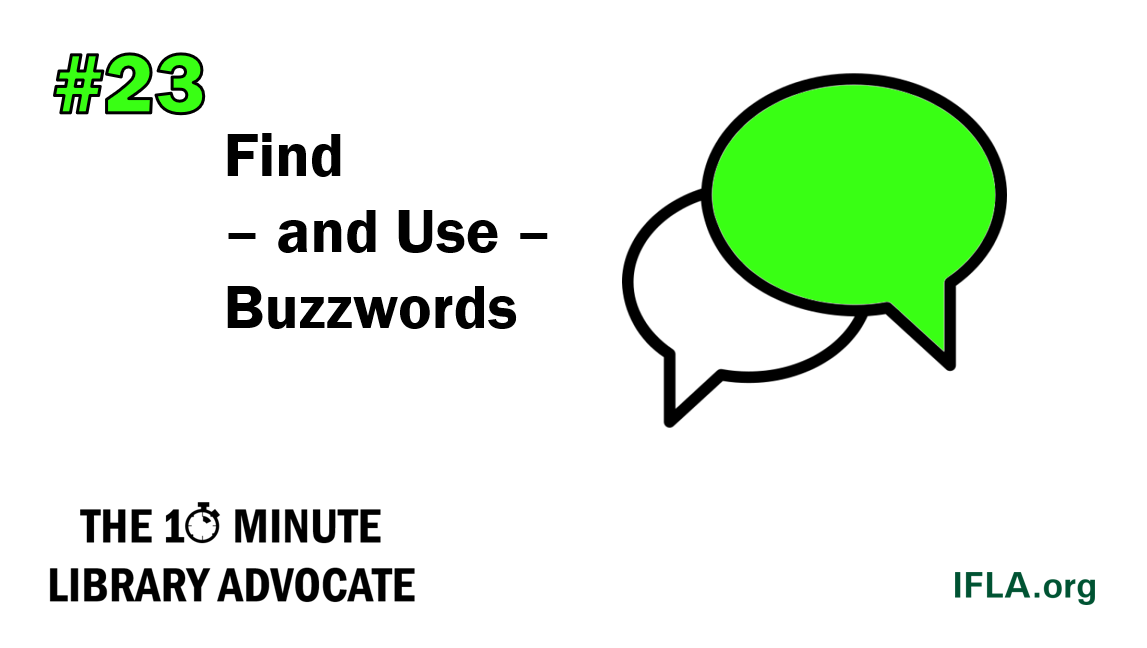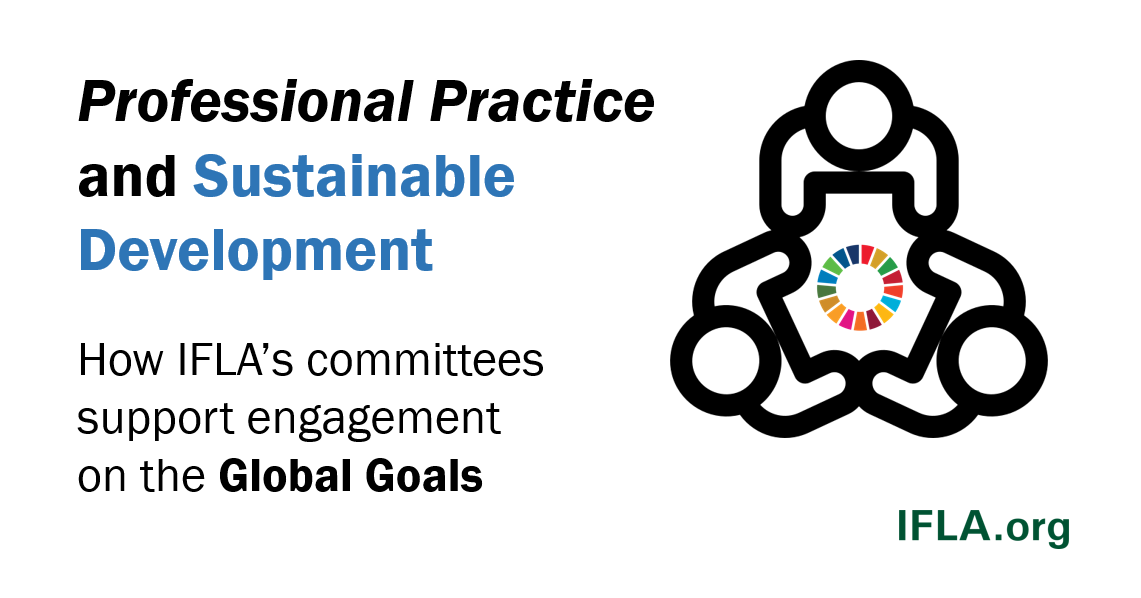
IFLA has placed the United Nations Sustainable Development Goals at the centre of much of its work.
They are a regular reference in our advocacy for libraries, and have provided a great way of structuring our thinking about the role of our institutions in the world today.
At the national level, many library associations and library and information workers have taken up the resources provided through IFLA’s International Advocacy Programme to launch their own work.
This makes sense. The SDGs – and the wider 2030 Agenda that contains them – are the most comprehensive, ambitious policy agenda out there.
Many governments and development agencies have explicitly made them a key pillar of their activities. Others may not refer to them so openly, but will not disagree with the framework they set out, and the subjects they highlight.
But what can cross-border professional communities – IFLA’s professional units – do? There are already some great examples here as well! This blog offers some general themes, building on work already done in 2015.
Spreading the Word
A number of IFLA’s sections have embraced the Sustainable Development Goals in sessions at the World Library and Information Congress. This has provided a great opportunity to explain the Goals and their relevance to different parts of the global library field.
Taking the perspective of a specific type of library, a specific service, or a specific user group can be a means of making the SDGs relevant. At the same time, this provides an opportunity to show how the SDGs can be used by library and information workers in the area to advocate for the work they do.
Talking about the SDGs is important – indeed, it is a key UN objective. The more libraries can show that we are using our potential to spread the word, the stronger a partner we become.
Building the Evidence
In our work at the global, regional and national levels, real-life examples of how libraries deliver on the SDGs (and other policy objectives) play a key role. They appeal to decision-makers, given their human aspect. When accompanied by evaluation, they are even stronger.
Individual professional communities within IFLA can be excellent sources of these examples, given that they bring together some of the most knowledgeable people about particular library types or services, from different parts of the world (or something like that).
Already, a number of the stories featured on IFLA’s Library Map of the World SDG Stories page are based on examples from papers submitted to sessions at WLIC. But there is lots of potential for sections to use the rest of the year to find more , for example among nominees for prizes or awards!
Driving Delivery
As highlighted in IFLA’s Core Values, access to information, guaranteed by high quality library services, is a key means of improving lives and promoting equality.
It follows that the work done by IFLA’s sections to enhance professional practice also enhances the capacity of libraries to support users. This is central to fulfilling the role given to all stakeholders in the 2030 Agenda to do their bit to deliver on the SDGs.
Standards, guidelines, toolkits and collections of best practices help the field to achieve Goals, from safeguarding cultural heritage (SDG 11.4) through preservation standards to reducing inequalities through guidelines for services to people with special needs (SDG 10).
We’d love to hear your ideas about how different sections are working with the SDGs, or of course to answer any questions.
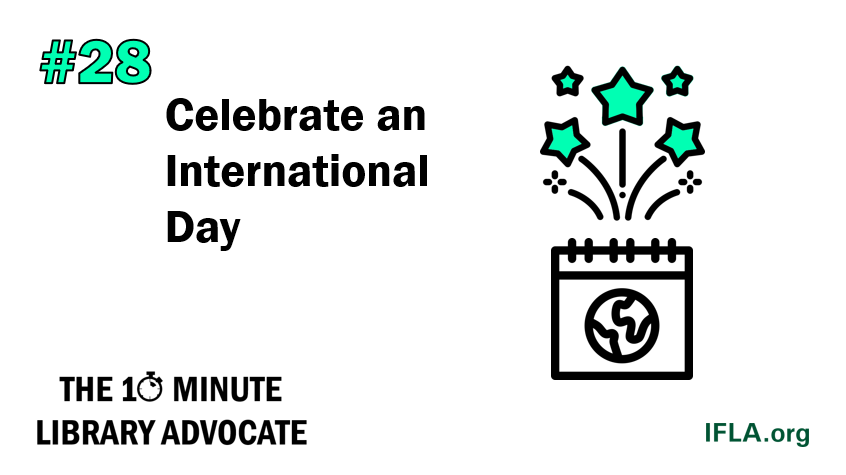
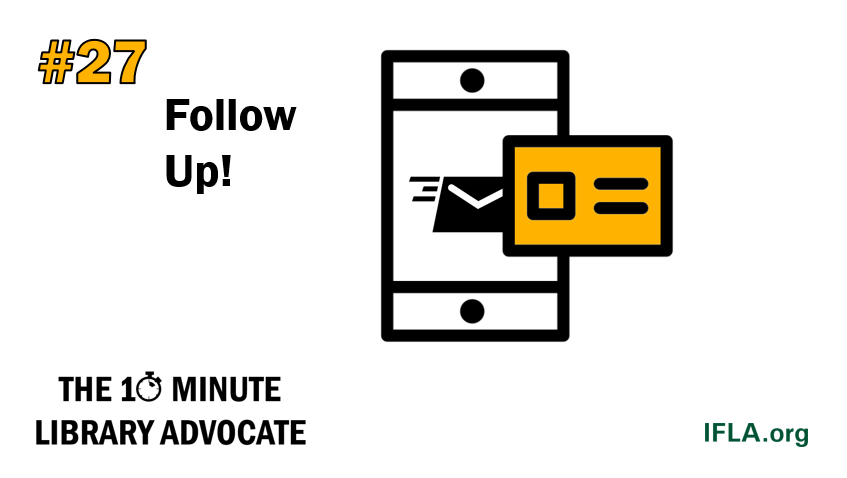
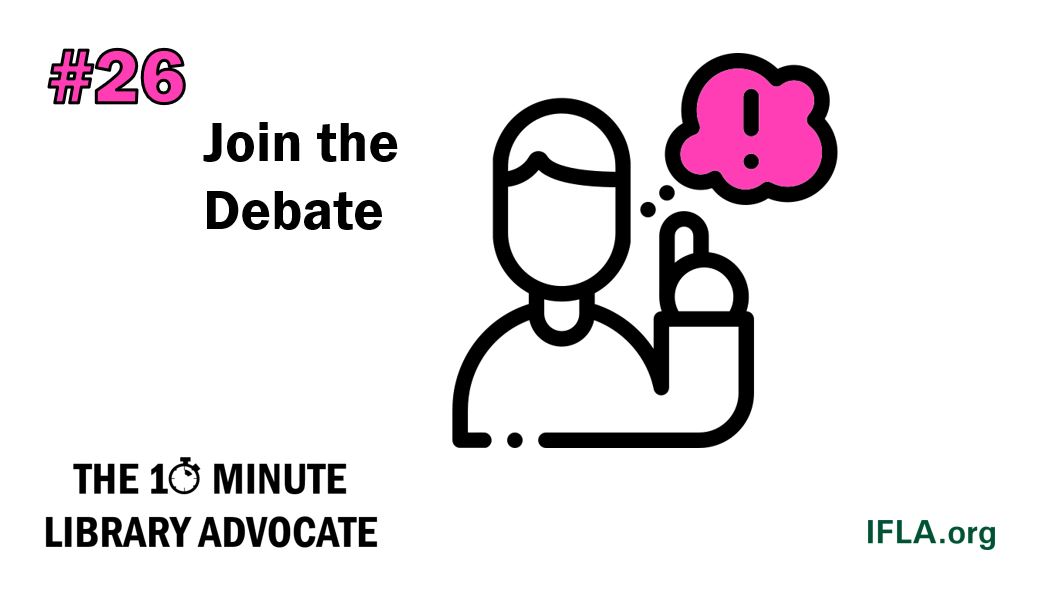
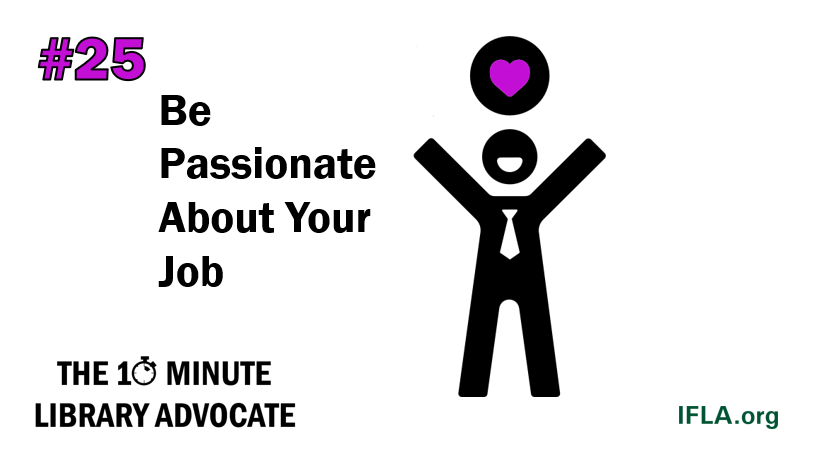
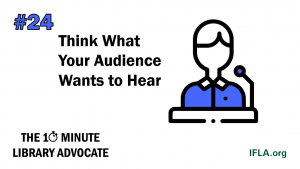 Advocacy is about getting people to agree with you.
Advocacy is about getting people to agree with you.
